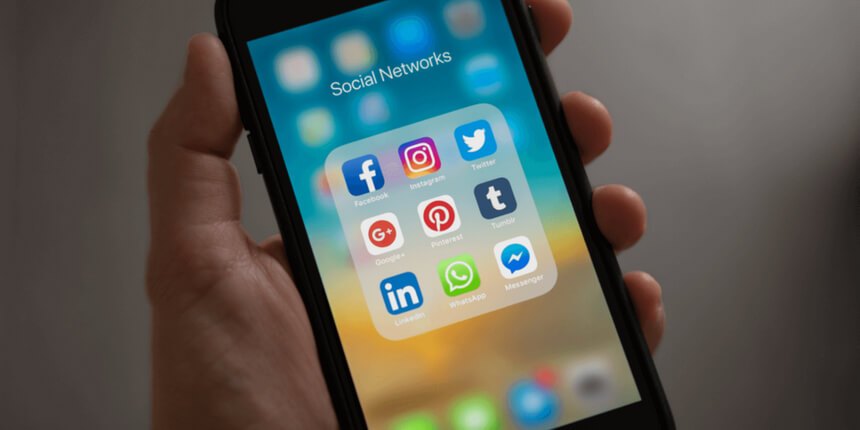According to the World Health Organisation, health is defined as a “complete state of physical, mental and social well-being and not merely the absence of disease or infirmity”. Over the past century a significant emphasis has been placed on physical well-being while mental well-being has taken a side-step.
However, lately there has been a paradigm shift in the way we address health resulting in an increased focus on the mental side. The past few years have become a bit of a mental health zeitgeist, with more and more people openly discussing the topic in the effort to normalise issues historically publicly ignored and suppressed.
It’s refreshing to see this mainstreaming of mental health, with increased levels of recognition and understanding of prevalent issues which can affect us all. In keeping with the theme of Mental Health Awareness Week which took place last week, we thought this would be a good opportunity to examine the impact social media has had on raising awareness of mental health, as well as the effect it has had on our own personal mental health.
Social media as a double-edged sword
Social media platforms do not have a good rep when it comes to mental health, with many studies linking them to a myriad of issues including stress, anxiety and depression. The BBC produced an interesting piece on this topic back in January 2018 which examined the current evidence surrounding this topic. A few of the stats from the studies linking mental health issues to social media use are outlined below:
- People using Facebook for just 20 minutes report lower moods compared to users who are just browsing the internet.
- Twitter is reported to be a significant contributor of stress in an individual through increasing awareness of other people’s stress.
- People who report using seven or more social media platforms are three time as likely to have high levels of anxiety symptoms compared to people who use between zero and two platforms.
- Women who spend more time on Facebook report feeling less happy and confident which the research concluded is driven by comparing their own lives with others.
- People who spend more time on social media are twice as likely to experience social isolation.
On the flipside, social media has massively contributed to raising awareness and encouraging discussion around the topic of mental health, with many celebrities and influencers using social media as a tool to discuss issues. Examples include Cara Delevinge, who openly addressed suffering from depression on Twitter last year, and Dwayne Johnson, who took to Instagram to share his experience about the struggle and pain caused by the suicide of family and friends. Social media has also spurred various mental health movements including the #1in4 campaign which aims to make it easier to talk about mental health issues.
Social media is increasingly becoming a staple part of everyday life. While evidence suggests that social media use is linked to increased levels of mental health issues, it has also played a significant role in reducing the stigma surrounding issues.
So where do we go from here?
Plenty of research indicates that how you use social media platforms plays a key role in the effect it will have on your well-being. For example, one study found that users having more negative interactions online are likely to report higher levels of depressive symptoms. This indicates that the type of content we choose to post and interact with online influences our mental health. In fact, research suggests that both a bad mood and good mood may spread between users on social media. Interestingly, happy posts seem to have a stronger influence than negative posts, with each happy post inspiring 1.75 more happy posts.
Social media platforms are a recent development and there is need for more research to be done to fully understand the impact their use is having on our behaviours and well-being. Despite still being in the early-stages, research linking social media usage to mental health issues should not ignored but rather used to identify the need for changes in online behaviour.
It would appear that these changes are already starting to take place, with many large social media platforms becoming more aware of the risk they pose to mental health and, therefore, taking steps to focus on well-being. For example, YouTube has released a new Take a Break notification which will give users the option to display a notification reminding them to take a break at set intervals.
As cultural awareness of mental health issues continues to rise, it’s important that we continue to develop our own understanding of the risk social media platforms pose to our mental health and what steps we can take to combat this. With evidence suggesting that our online choices play a huge role on how social media affects our well-being, this will be a very interesting space to watch over the coming years.
Contact DAC today to find out more!




